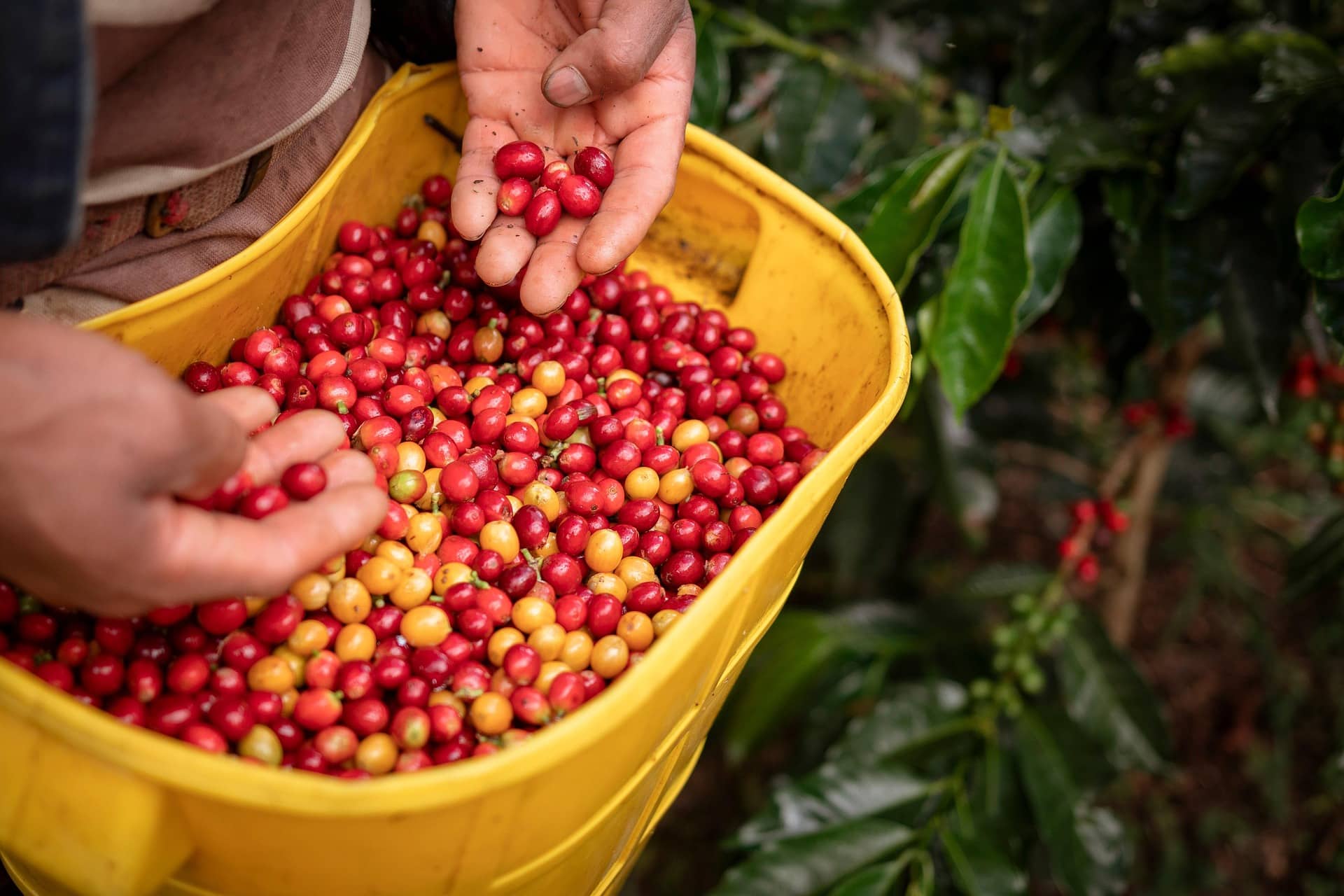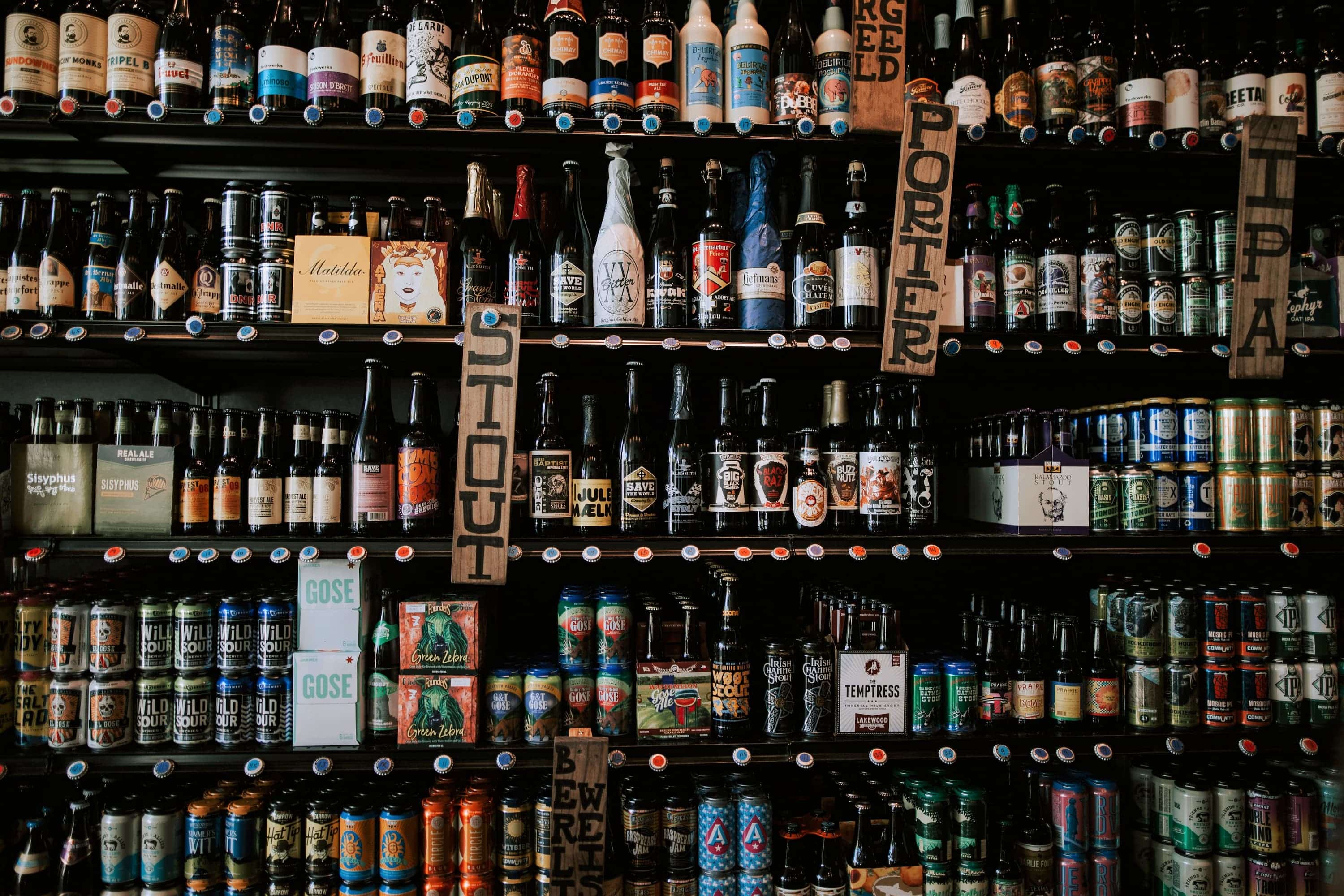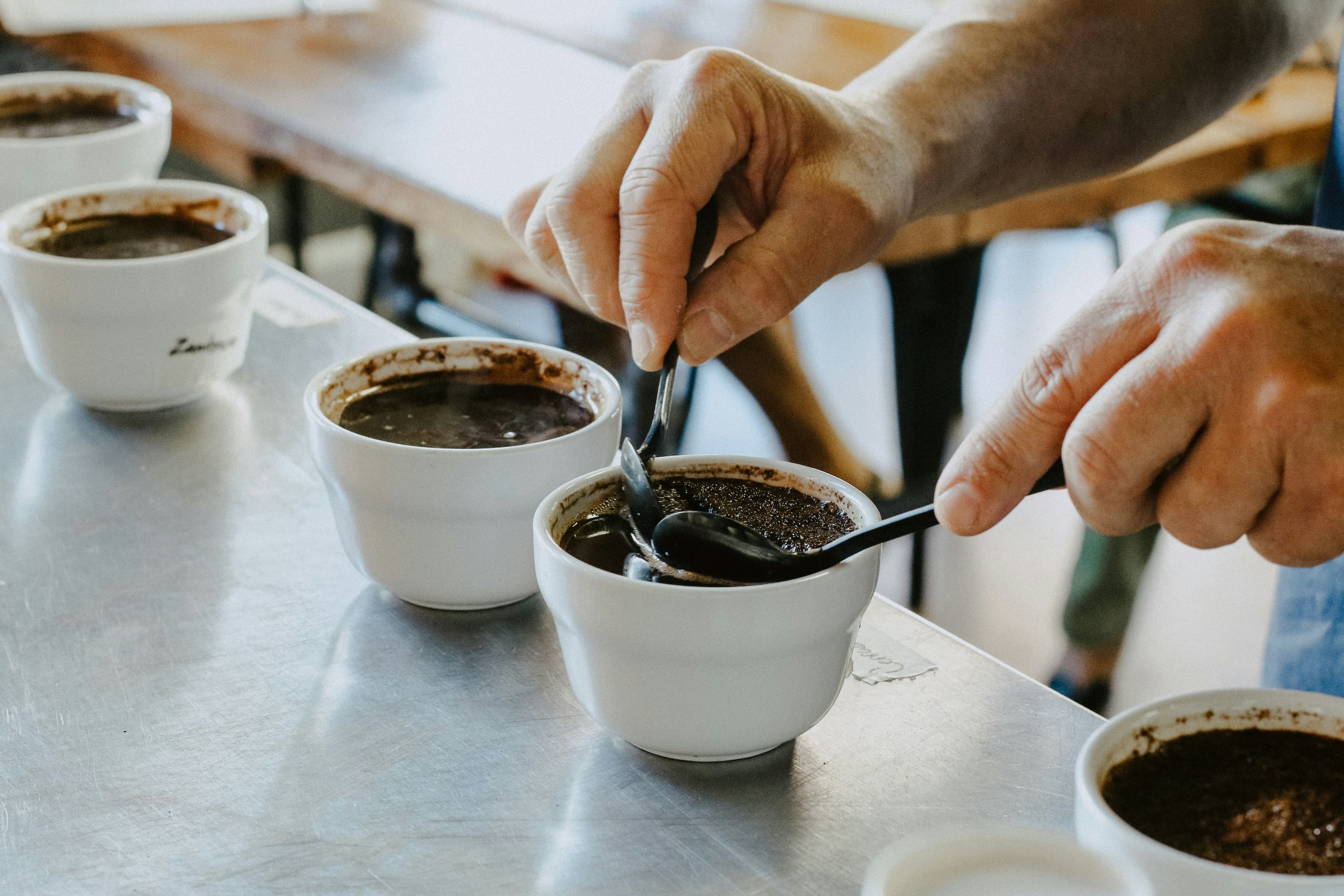
Coffee Certification Challenges
Once thought to be a straightforward incentive for producers and roasters, coffee certification challenges have become increasingly complex …

For beer or coffee geeks, like us, we want to know as much as possible about the beverage in front of us and there’s no shortage of stories to tell when it comes to such recipes and processes, which makes beer and coffee combinations double the fun.
And yet, combining beer and coffee is not as straightforward as just mixing the two components. There is actually a wide spectrum of ways to partner beer with coffee.
And, certain beers are more likely candidates than others to be paired with coffee. With sincere apologies to real beer aficionados who may find this description insufficient, think of beers as divided into two major buckets: ales and lagers. Ales can run from the light, bright side (Belgians, pale ales), or to the dark side (stouts, porters). Stouts and porters tend to have roasty notes and exhibit heavier bodies, which at a high level would make them complementary candidates for roasted coffees.
Lagers can also be light or dark, with types such as bocks, dunkels, and pilsners all part of the lager family.
We looked at 11 beer and coffee combinations, and as we expected, the number of different methods and outcomes in this group was extraordinary, as proof that there’s not just one way to combine beer and coffee.
One important pattern did emerge: the vast majority of the beers were dark ales – stouts and porters. And as we said above, this makes a lot of sense, as the roasty notes of stouts and porters should go quite well with any number of roasted coffees.
Some other considerations we were reviewing as we conducted this survey: how much information was presented on the bottle, or on the brewery’s website, about the coffee itself? Would we be able to find out the name of the roaster? The origin? The roast? The method (aging, infusing, fermenting, etc)? With all the nuance and richness of coffee, how much information would the brewery choose to highlight to the consumer? Would these beers feature any additional spices or flavorings as a complement to the coffee?
Here are just 11 options that we found (we were not compensated by any of these breweries to include their beers in this list):
In these 11 examples we see a bit of everything: porters, stouts, ales, barrel-aging, infusions, fermentations. We also see a spectrum of information about the coffee itself, ranging from the roaster, the origin, and the roast, to not much information at all. As for taste, it’s all about what you’re looking for and what you like. I love all things Allagash, but I personally wasn’t a fan of a bright Golden Ale paired with bright Ethiopian coffee. I love darker, chocolatey porters and stouts with coffee, including the ones in this list. The great thing about beer and coffee is because of the sheer variety in offerings, you can probably find something that you like.
A few other notes about our list:
#7 – This offering is the only one we saw that used a flavored coffee, instead of flavoring via separate ingredients. In this case, toasted coconut-flavored coffee, instead of plain coffee plus toasted coconut.
#9 – The choice of Guatemalan coffee here is interesting. As we’ve shown in a prior blog post, roasted Guatemalan coffee is extremely versatile. It can be a lot of things to a lot of people, with taste profiles all over the map, which makes it a very flexible coffee to lend to a brown ale.
#10 – Here we have a new marketing angle by having a roastery co-brand the beer directly – not something we see a lot of.
If a brewery is sampling multiple coffees and selecting one to feature in one of its brews, it stands to reason that at least some information about that coffee should be front and center. There’s a big overlap between the craft beer and craft coffee crowds, and both communities appreciate transparency about what’s in the beverage as well as the process of making it. Partnering with a local roastery is another great way for the brewery to show its support for the community.
We look at coffee through a lens of innovation and pushing boundaries, and these breweries are right in that exploratory sweet spot. If you’ve previously dismissed these types of beers out-of-hand, try some out. They are all so different, you may very well not like them all, but maybe there’s one or two that really speak to your interests in both beer and coffee.
On that note, we asked Prairie to dive into one of their most creative beers, “Bomb!”, which is a 13% ABV, Imperial stout aged on espresso beans from Nordaggios, located near Prairie, and is further aged on chocolate, vanilla beans, and ancho chile peppers.
Yes, it’s as great as it sounds. Here are some excerpts of the interview with Prairie:
LYC: What considerations go into selecting a coffee to brew with a stout? What coffee qualities, such as taste, acidity, body, origins & roast levels, do you look for? Are there any qualities you avoid?
Prairie: The biggest consideration for us is the final taste and vision for the beer. If the coffee is one of several other flavors we plan to add, then we choose a coffee that will complement the final product. If coffee is the star of the show, then we generally look for low roast levels and interesting flavors. Our stouts are generally on the sweeter side, with less dryness and less roast, so we look for coffee that pairs well with that. Origin only comes in to play with us if we are pairing the coffee with another adjunct where the location is part of the theme. For instance, we may get cacao nibs from Ecuador, and then want to pair that with a coffee from Ecuador.
LYC: Do you use coffee from local coffee roasters?
Prairie: We have used coffee from all over. The local roasters are fun to work with because we get to sit down with them and taste the coffee together. The conversation and creativity is better with local roasters. However, we are open to great coffee, no matter the location of the roaster. [LYC note: the coffee blend used for Bomb! is from Spaceship Earth Coffee Co, out of McAlester, OK, about 100 miles south of Tulsa.]
LYC: How big of a pool of potential coffees/beans do you start with before nailing down the winner that makes it into the beer?
Prairie: It’s normally not more than 4 or 5. We normally rely on the roaster to give us suggestions and samples based on the vision for the beer. Then we narrow it down from there. [We] think any more than that would bog down the process for us.
LYC: How would your team describe the addition/complement that coffee brings to the flavor profile of a good stout?
Prairie: We think that coffee brings out the best parts of a stout. The flavors go hand in hand. The complexity of a stout is what makes it fun to brew. There is such a huge range of flavors, mouthfeel, and aroma depending on how the beer is brewed. Coffee is the same way. So whether we are looking for complimentary flavors, accentuating flavors, or even opposing flavors, coffee is the most fun way to try to make something fun and interesting with that particular style.
A special thanks to the brewing team at Prairie OKC for their time and interest in this article!

Once thought to be a straightforward incentive for producers and roasters, coffee certification challenges have become increasingly complex …

Each quarter in our benchmarking report, we analyze a broad sample of single origin coffees from hundreds of small roasters …

You read tasting notes because they promise an experience. Yet the language on coffee bags often feels repetitive …
© 2026 Lightyear Coffee LLC
Privacy Policy
Terms of Use